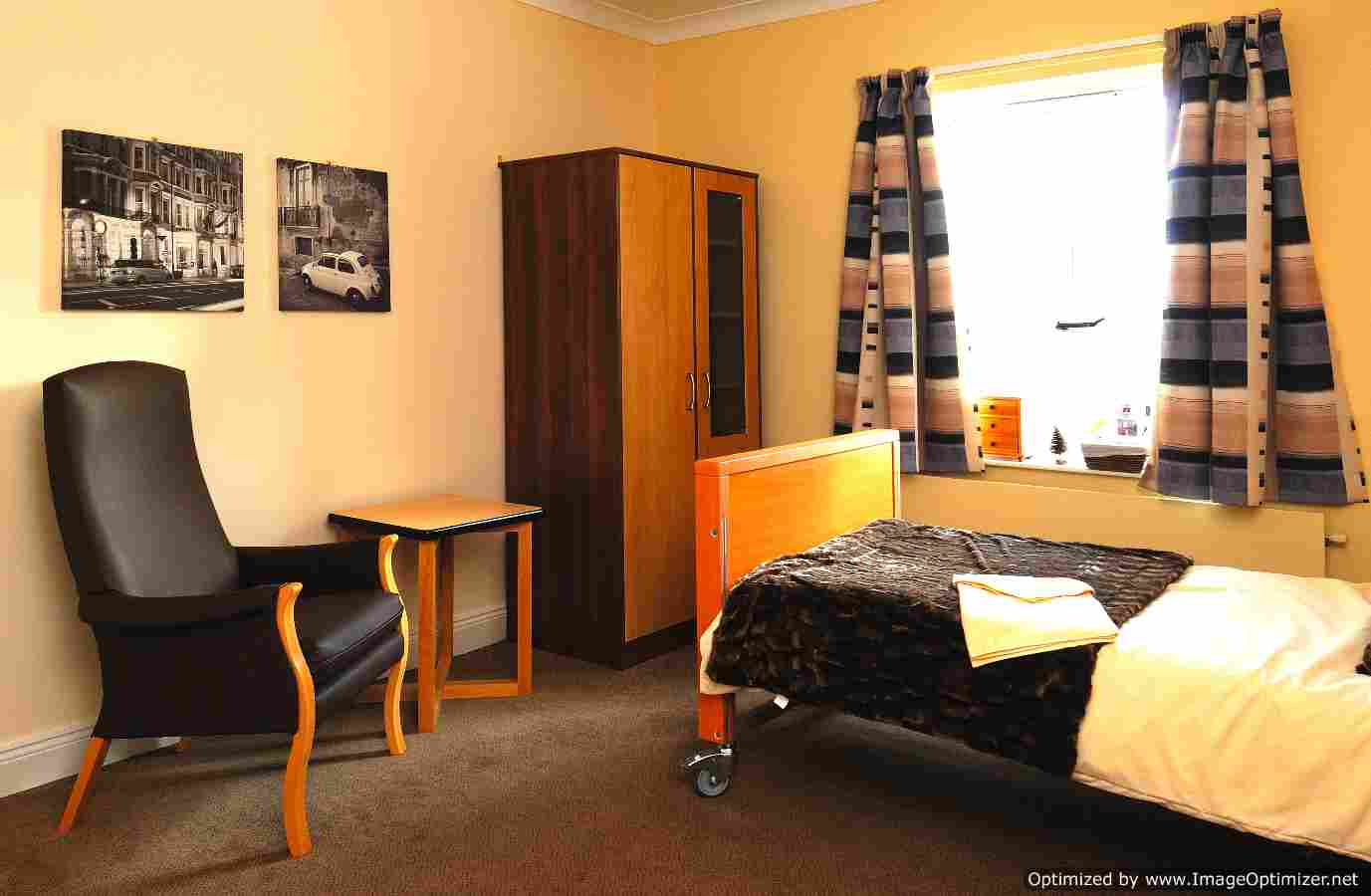Warning over wipes linked to infections
ALCOHOL wipes are being removed from hospitals and health centres after reports they can cause skin infections, particularly among patients with compromised immune systems. The Medical Healthcare products Regulatory Authority has issued a Medical Device Alert concerning skin preparation pads, swabs and swabsticks manufactured by Triad Group for H&W cv. The warning calls for all products to be removed from use and quarantined before being disposed of safely.
Scanning boost at Scunthorpe
ENDOSCOPY equipment totaling nearly £840,000 has been purchased by Scunthorpe General Hospital. The PENTAX equipment, which enables clinicians to make a diagnosis, take biopsies and carry out surgical procedures, has been purchased as part of a rolling replacement programme. In total 31 new endoscopes, including gastroscopes, colonoscopes, duodenoscopes and bronchoscopes, have been bought, together with new processors, monitors and printers. Endoscopy manager, Kirstie Smith, said: “The new endoscopes are an incredibly accurate diagnostic tool and are allowing clinicians to gain excellent views within the patient’s body which aids diagnosis or treatment.” Muzaffar Ahmad, consultant surgeon and clinical director of general surgery and lead for endoscopy services, added: “This is an excellent example of clinicians and management working together for the benefit of patients and investing in the future. As well as fantastic image quality image, the endoscopes are easy to handle, there is excellent vision from the high-definition monitors and we can also use a new technique called i-scan which is unique to the equipment we’ve chosen. This enables us, at the press of a button, to use white light together with contrast filters to enhance the surface of the tissue we are looking at. This means it makes it easier to detect lesions and polyps as it makes them more subtle and easier to pick up.”
Researchers to help hearing aid users
Problems that could be easily solved if only the patient knew how often result in hearing aids ending up in the proverbial kitchen drawer
RESEARCHERS are exploring how interactive video tutorials could show people how to use their new hearing aids. A team in Nottingham aims to develop easy-to-use, interactive, multi-media tutorials providing advice on effective hearing aid use and how best to communicate with family and friends. The National Institute for Health Research (NIHR) has awarded £235,000 to the Research for Patient Benefit project being carried out by a team from the NIHR Biomedical Research Unit in Hearing; the University of Nottingham; and Nottingham Audiology Services, part of Nottingham University Hospitals NHS Trust (NUH). Melanie Ferguson, NUH consultant clinical scientist, who is leading the study, said: “A large amount of information is given to patients when they receive their hearing aids and much of it is often forgotten a few weeks later. Problems that could be easily solved if only the patient knew how often result in hearing aids ending up in the proverbial kitchen drawer.” The first phase of the study will obtain opinions from 35 experts in audiology and hearing science. Researchers will then seek opinions from existing hearing users. The results are likely to be rolled out across the NHS.
Team to devise anti-microbial collar
AN ORTHOPAEDIC specialist has been awarded almost £160,000 from Arthritis Research UK to develop an anti-microbial collar to prevent bacterial infections associated with broken bones. Jennie Walker from the Division of Orthopaedic and Accident Surgery at the Queen’s Medical Centre in Nottingham will work with colleagues, Professor Brigitte Scammell and Dr Roger Bayston, on the project. She said: “Fractures are often treated by the insertion of external fixation where metal pins are inserted into the bone though the skin and attached to a metal frame. However, up to 40% of patients being treated in this way develop infections, varying in severity from minor redness of the skin to septicaemia.” Dr Bayston has already developed a similar device which is now commercially produced and has been used in more than 260,000 patients. It reduces infections in shunts in patients with water on the brain, and in catheters in people with severe kidney failure. Walker said: “We plan to use this same technology to design and test an antibiotic-impregnated collar which can be fitted to the skin surface for use in pinning broken bones. We need to carry out further research to perfect it.” The Nottingham team will carry out a pilot study to determine its usefulness in patients. The researchers also want to find out which bacteria are most commonly associated with pin site infections and whether there are some patients who are at particularly high risk.
Specialist furniture for care home

SPECIALIST seating from Knightsbridge Furniture has been specified for the new David Walker House care home in Rutherglen, south Lanarkshire. As part of an £11m makeover, the company will supply a number of items including Millie compact club and upright open armchairs, Islay stools, Lynx sofas, and armchairs from the Calm and Panama collections. Furniture has also been selected for the private living quarters.
Support for chlorine wipes
MANUFACTURERS have welcomed new guidance from ENT UK which confirms the effectiveness of chlorine dioxide wipes for the decontamination and sterilisation of endoscopes. Commenting on the report, Paul Swinney, chief executive of Tristel, a leading provider of decontamination solutions to the healthcare sector, said: “It is very encouraging that chlorine dioxide wipes are cited as the most cost-effective of the available decontamination options. The guidance document also points out that the method has been used nationally for several years in many hospitals without any reported episodes of cross infection.”
ALSO IN THE NEWS:
Two Philips Endura mobile X-ray image intensifiers, costing £60,000 each, have been installed at Lincoln County Hospital.
Bartington Instruments has announced the launch of an extended range of high-precision magnetic field sensors, designed and manufactured in the UK.
Tunstall Healthcare is working with Stanley Security Solutions to develop a range of secure access control systems for people with long-term needs living in supported housing
